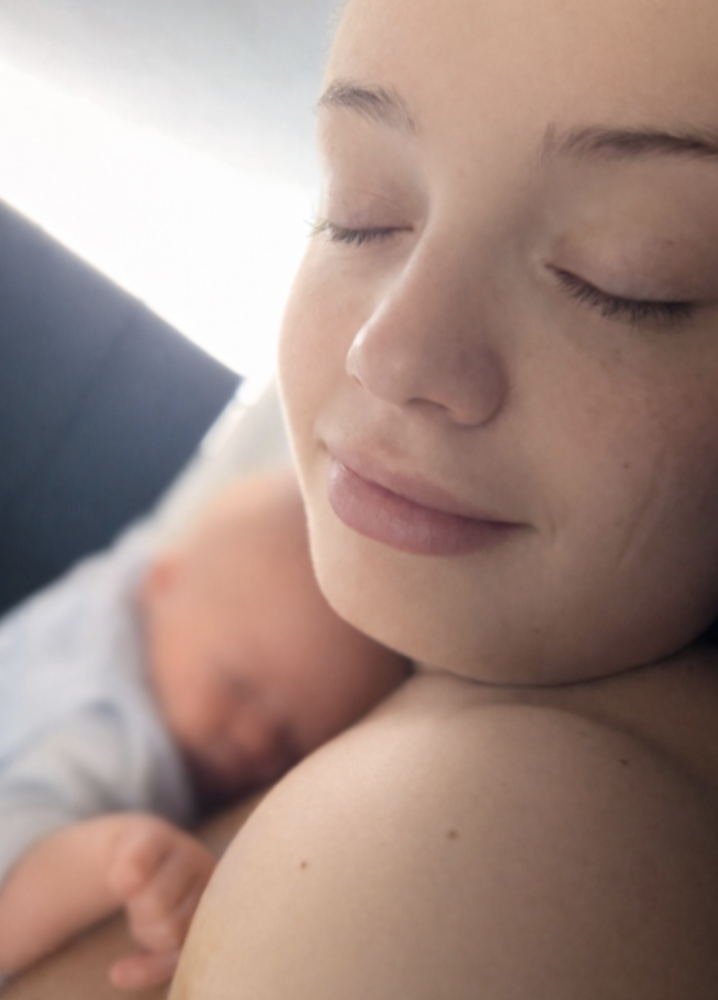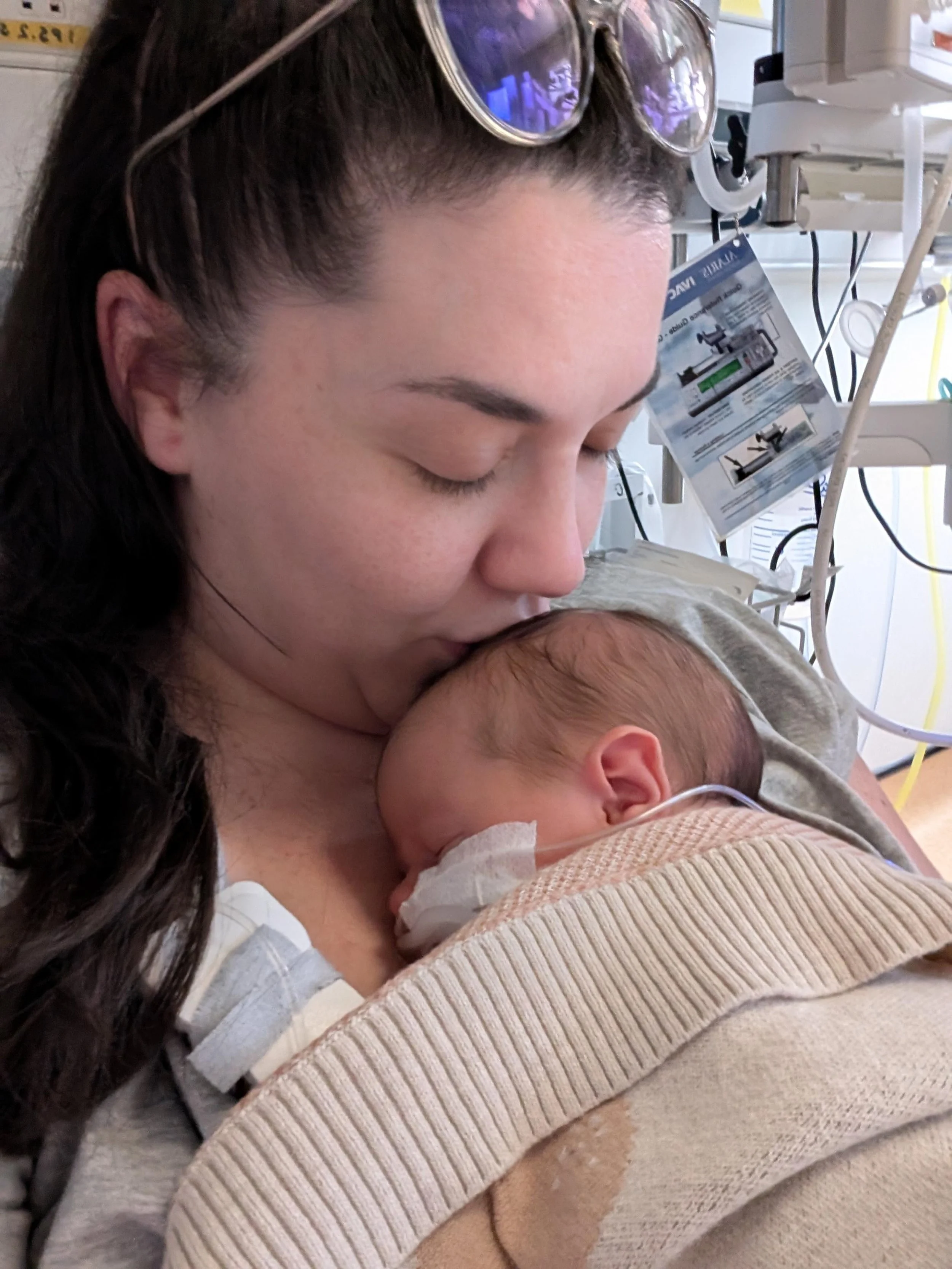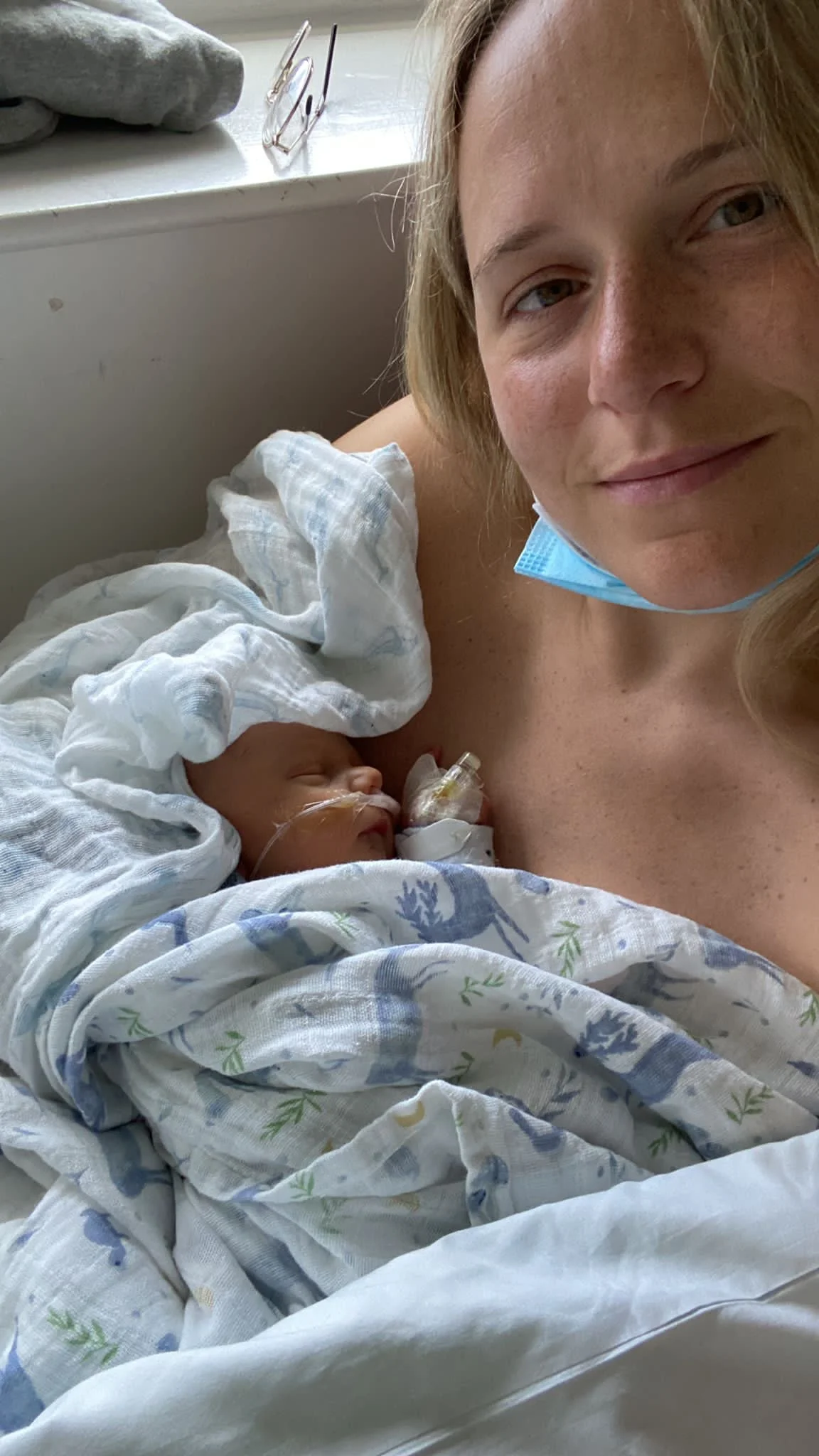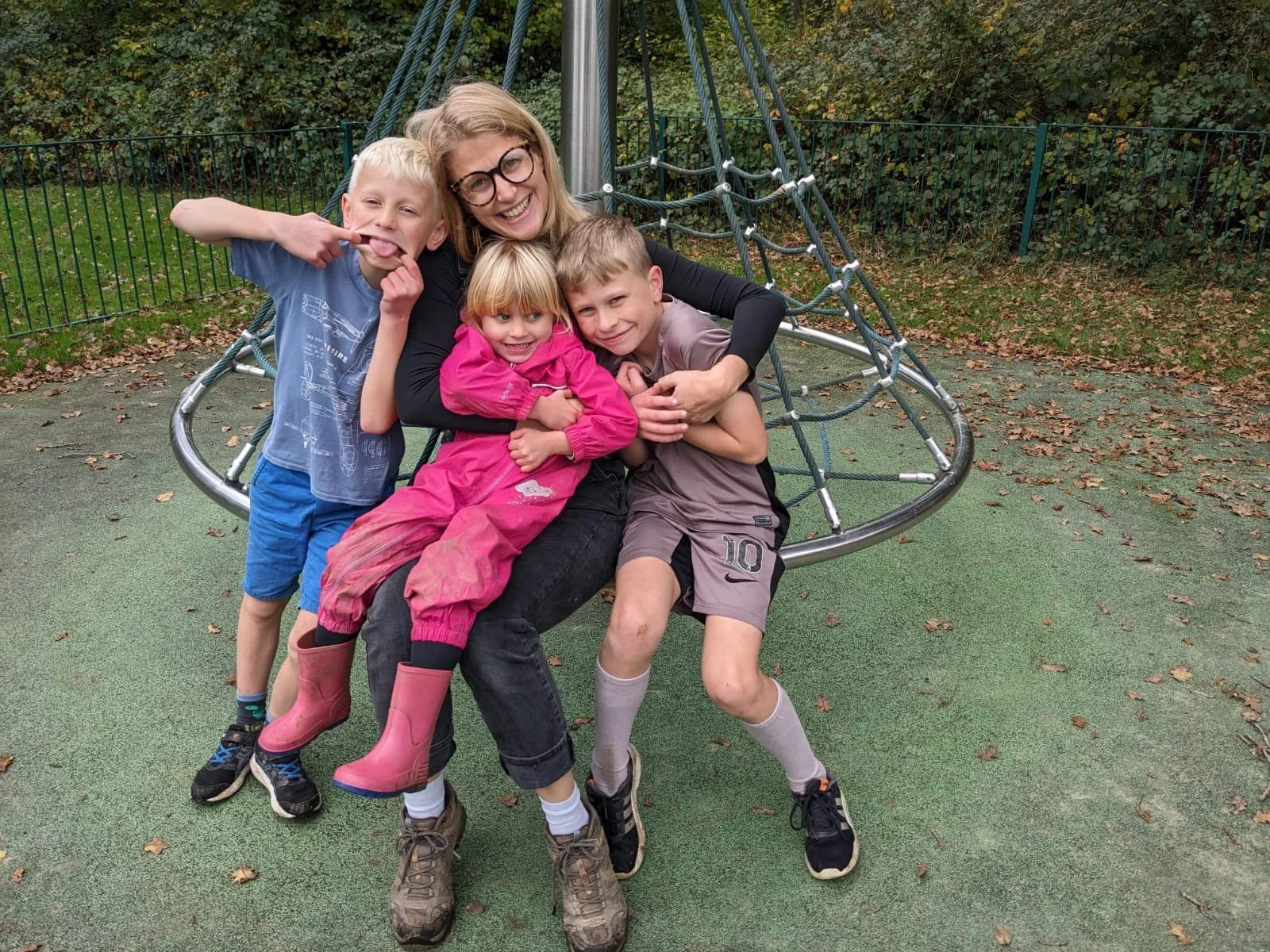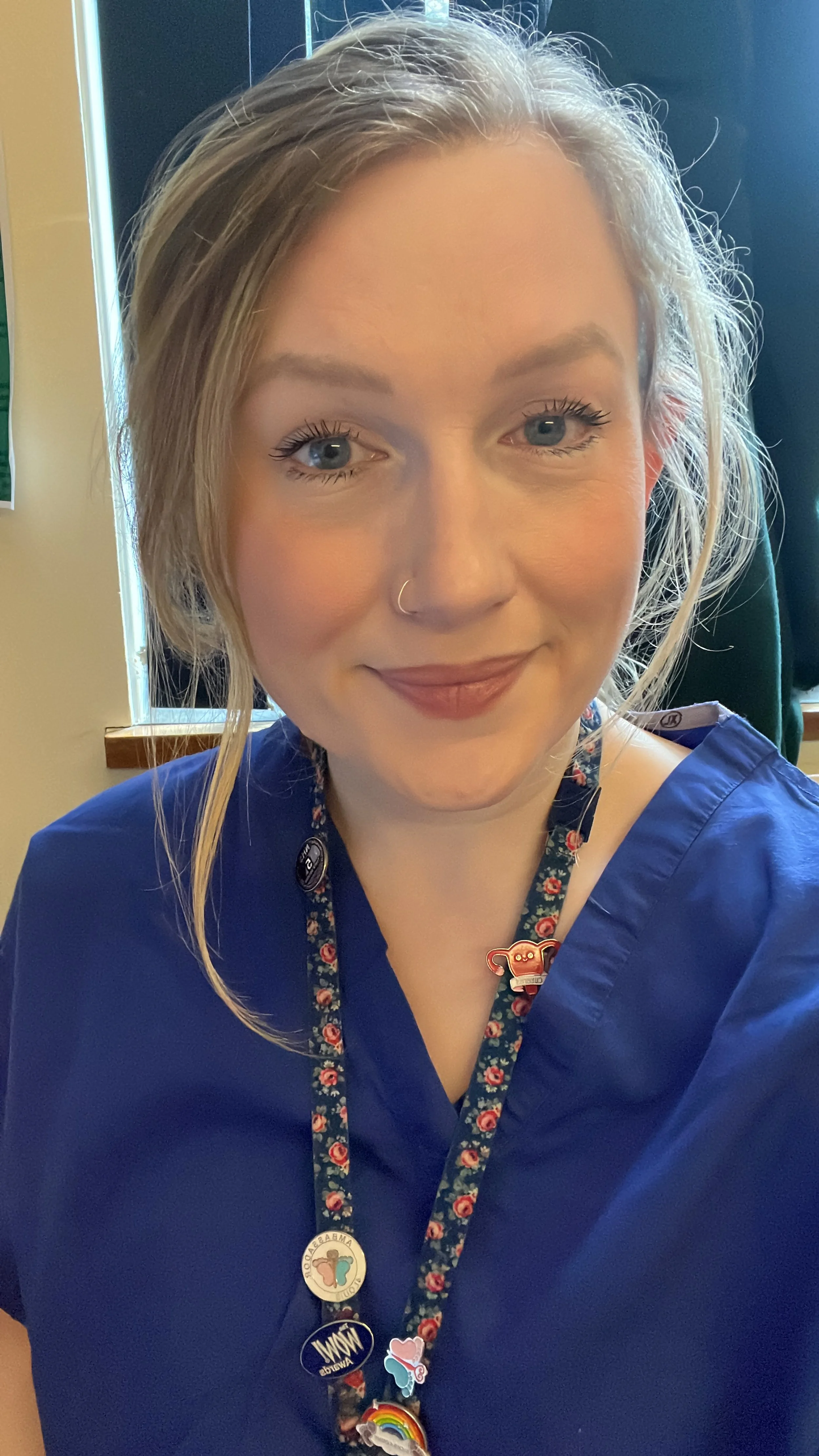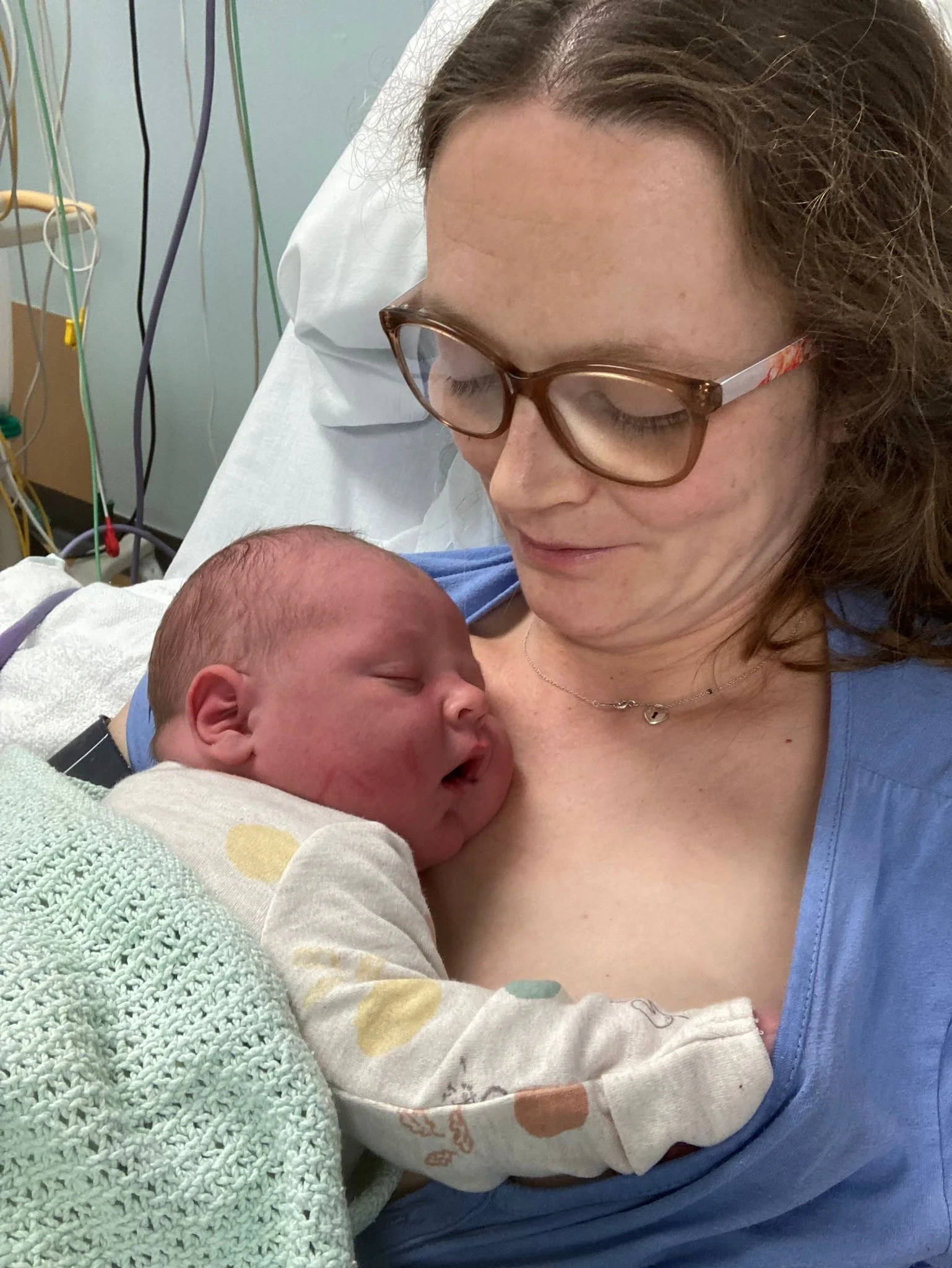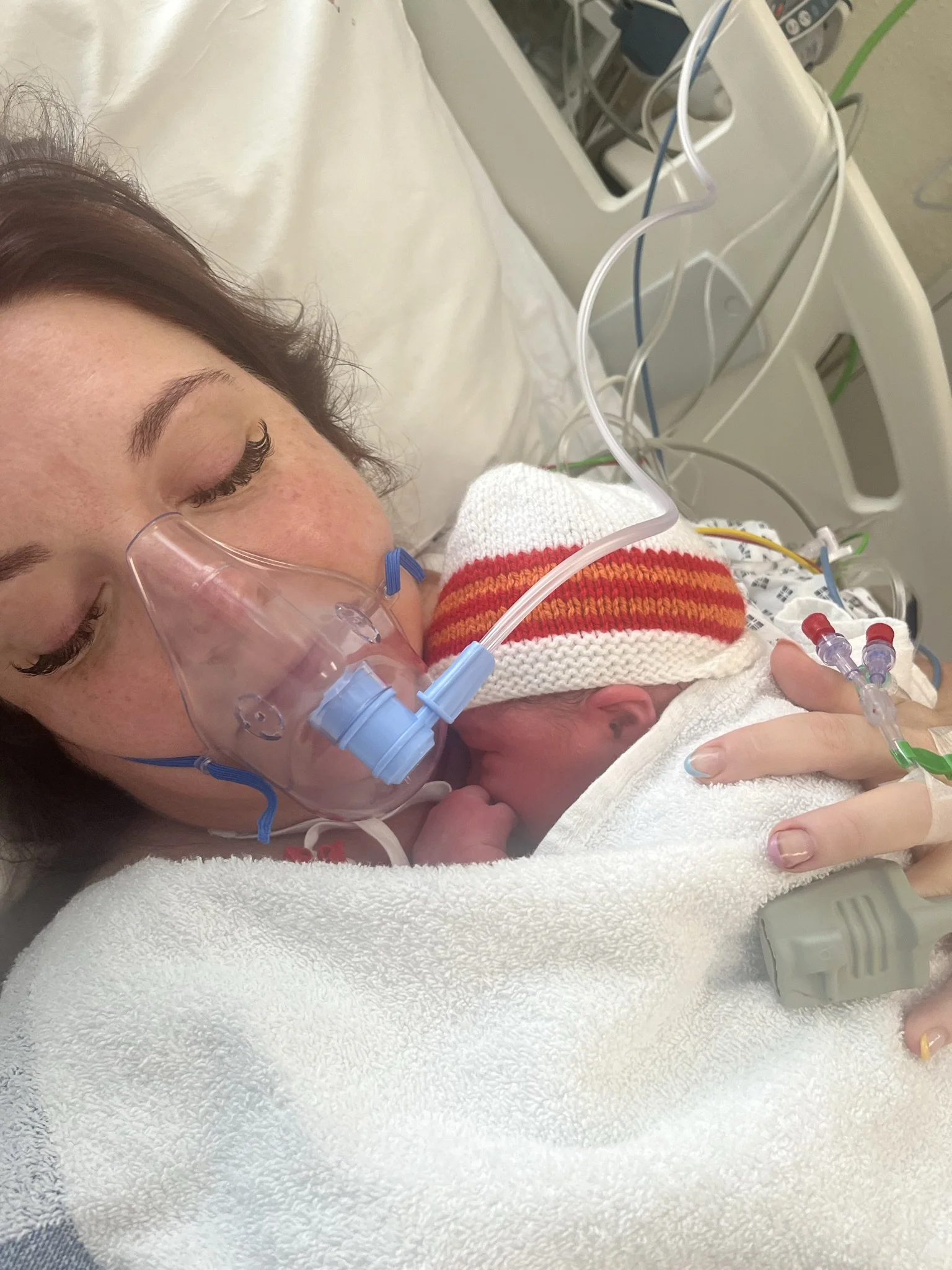Recent research findings from the #ThinkTraumaNow campaign on birth trauma knowledge amongst GPs and Health Visitors (HVs) have us worried.
Read MoreBeth Russell is a midwife, Birthrights training coordinator, MBB Champion and mother who has become increasingly frustrated by systemic issues within maternity care. Here, she explains their impact on informed consent and details her hopes for the future.
Read MoreOften the word “stillbirth” brings up a range of uncomfortable emotions, mostly fear and sometimes distaste. But it is vital that we share these stories, writes Helena Morais, who lost her daughter Maila, because it’s the first step in showing up for someone experiencing the loss of their baby. The first step for friends, family and birth workers who want to improve their support. This is Helena’s plea for how stillbirth is everyone’s concern and how it needs to be humanised.
Read MorePoor communication contributes to 9 out of 10 cases of birth trauma. The Royal College of Midwives interviewed our CEO Laura-Rose Thorogood and our Co-founder Dr Rebecca Moore about a campaign we launched a few years ago, but one that will always remain relevant.
Read MoreIn this heartfelt piece, Chloe Mendum writes about having postnatal depression. She shares about the mixed bag of emotions that go hand in hand with it, and the difficulty in acknowledging you are not OK.
Read MoreA long and extremely painful labour ending in an epidural left Liddy feeling ashamed and traumatised. She tells her story and reflects on how having some more realistic expectations about managing pain might have changed how she felt and the choices she made.
Read MoreWe often talk about birth trauma from the perspective of the birthing person – and rightfully so. But what's less commonly discussed is how these earliest experiences create imprints that the baby carries forward, sometimes for a lifetime. Alyse Bacine – a Transformational Trauma Expert and Breathwork Practitioner – shines a light on this.
Read MoreRosie was diagnosed with severe pre-eclampsia. Rosie had raised concerns about her symptoms but they were dismissed and initially no further action was taken. In light of this May’s Pre-eclampsia Awareness Month, she aims to raise much needed awareness of this condition.
Read MoreI had no idea that you could be traumatised by birth or the events around it.
I had no idea I was a perfect fit for the symptoms of PTSD until two years of trying (and only partially succeeding) to piece my life back together.
It was only by chance, and thanks to a feature on Radio 4’s Woman’s Hour, that I began to make sense of my experiences. My privilege meant I could ask for help to pay for the therapy I needed.
Read MoreChange is in the air at Make Birth Better, and as we welcome an exciting new chapter, we want to take a moment to thank our outgoing CEO, Nikki Wilson, for her incredible dedication and impact over the last five years. Her legacy will continue to inspire the work we do.
Read MoreThis year’s theme is Midwives: Critical in Every Crisis. This resonates deeply with our Make Birth Better Champions, many of whom have been cared for by midwives during their own transformative and traumatic birth experiences. Some are midwives themselves. All are united in their belief: that compassionate, skilled midwifery care can change – and even save lives.
Read MoreSophie is a qualified midwife who has worked in an NHS trust for seven and a half years. Here, she shines a light on the problematic approach to trauma within healthcare, which has impacted her own decision not to have children.
Read MoreWhile advances in medical care have improved safety and surgical techniques, many parents still experience trauma surrounding their caesarean birth. Midwife Victoria Holyoak, Founder of C-Section UK, shines a light on what work can be done to ensure better emotional, psychological, and physical care for c-section parents.
Read MoreLaura Spence is a midwife, Founder of NeuroNatal and has a Masters in Perinatal Mental Health. Through her MSc research, she explored the postnatal experiences of women with ADHD and uncovered significant gaps in perinatal healthcare that leave neurodivergent parents feeling overwhelmed, isolated, and unsupported. Laura covers the different challenges these parents face and how postnatal care needs to adapt to make neurodivergent parents feel better supported.
Read MoreOver the past 15 years, midwife Dalvir has had the privilege of working with countless families through one of the most transformative moments of their lives. These days, her focus is a little different but no less rewarding. She spends her time working to make maternity services more inclusive for everyone who needs them. Read her three tips.
Read MoreAfter the birth of her third child, Emma Davies found herself reflecting on how we frame traumatic experiences and whether we can sometimes impose this view at all costs without listening to lived experiences.
Read MoreMeet Wieke Vink, Make Birth Better Champion & Mentoring Programme Manager at Routes, an organisation that supports refugees and asylum seekers through mentorship and creative programmes.
Read MoreGemma pens down her harrowing journey with the birth of her eleventh baby as her mother’s intuition kicks in, despite her concerns being dismissed by professionals. “The ignorance and dismissive behaviour of some staff members have a lasting effect.”
Read MoreCharlotte Mindel is a mother and somatic therapist supporting mums through pregnancy and motherhood, with a focus on de-shaming anger and building capacity for joy in motherhood. She shares her thoughts on how healing from a challenging or shocking birth is so much more than the event itself.
Read More
